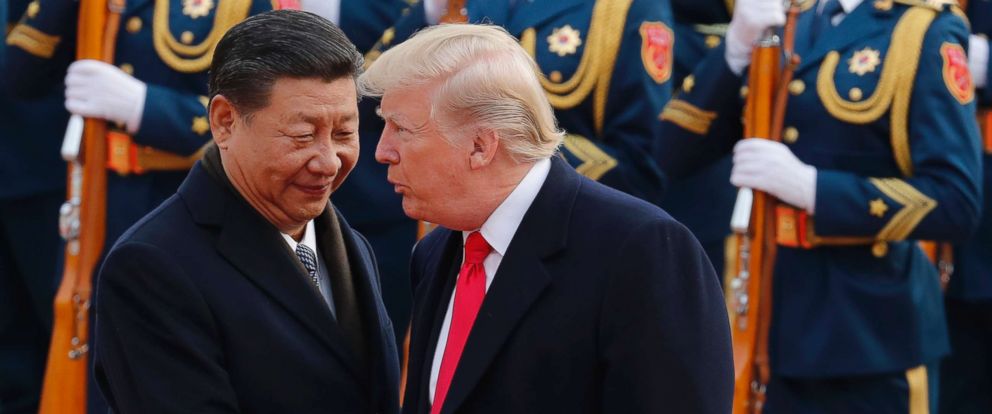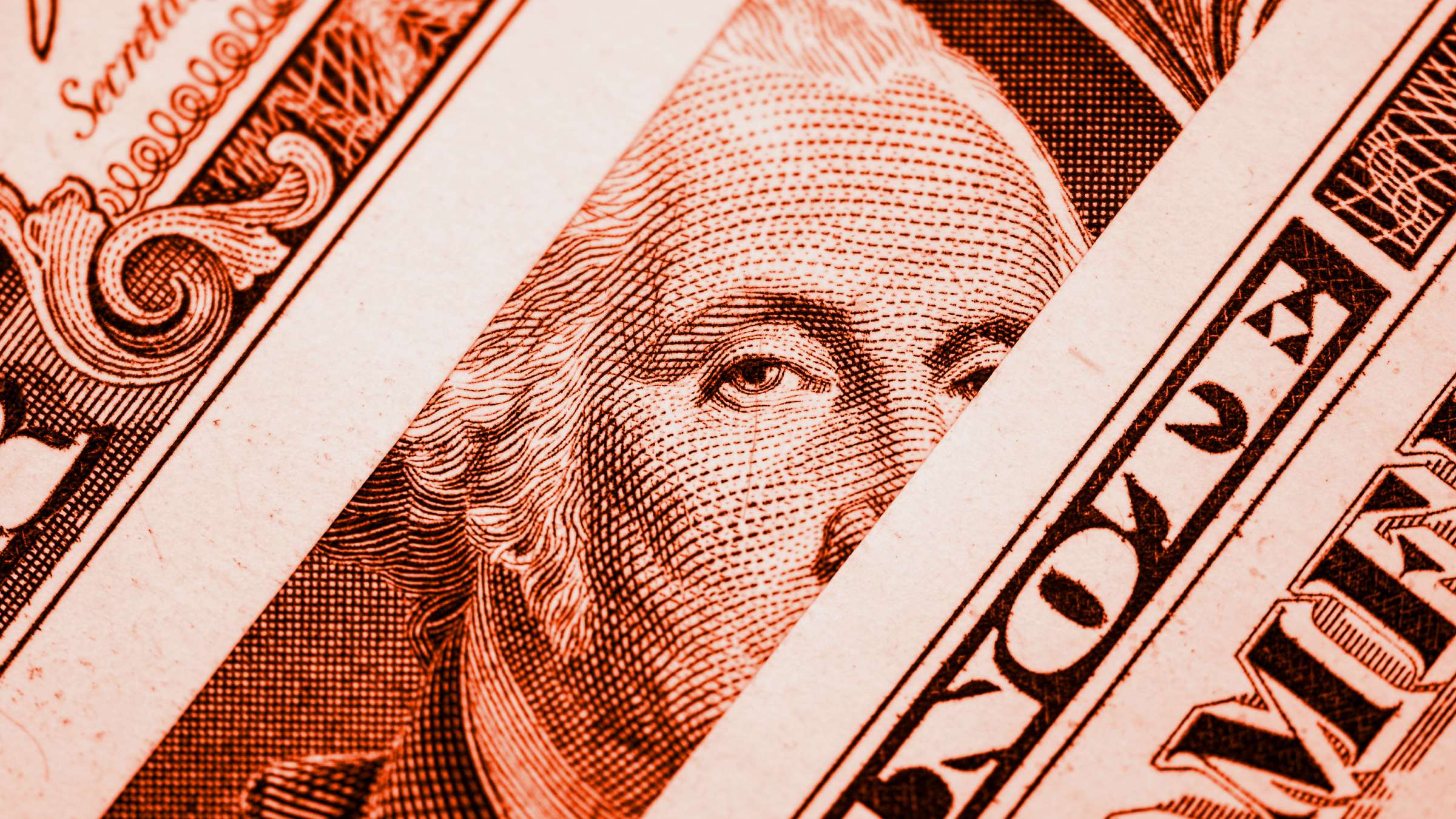As global leaders gather Friday in Argentina for the Group of 20 (G-20) summit, some are hoping that President Trump and China’s President Xi Jinping will negotiate a compromise on current trade tensions.
Op-ed by Dan DiMicco, CPA Chairman, appeared originally in The Hill on November 30, 2018
But that would be a mistake for the United States. Critics are undoubtedly upset about the global impact of President Trump’s tariffs on China. But the overriding fact is that China has simply made no effort to halt its ongoing pattern of aggressive, predatory trade. And until Beijing changes course, any diplomatic chit-chat would simply be a distraction.
If the G-20’s members want to do something constructive in the global trade arena, they should speak out on China’s long-standing violations of global trade law, including massive subsidies, hacking, intellectual property theft and currency manipulation.
In May, trade ministers from Japan and the EU joined the U.S. in labeling China’s forced technology transfer as “deplorable.” But what President Trump intends with his use of tariffs is to coerce Beijing into changing course and adhere to its obligations under both the World Trade Organization (WTO) and International Monetary Fund (IMF).
There’s a clear precedent for this, since a U.S. president is specifically authorized by Congress under the Trade Act of 1974 to counteract unfair trade practices.
And the president’s tariffs only came after a lengthy Section 301 investigation of China’s high-tech theft, hacked networks and technology transfer.
But rather than halt such unacceptable behavior in the face of an initial $50 billion round of tariffs, Beijing simply doubled down on its predatory behavior — prompting a further $200 billion in tariffs from the Trump administration.
Amazingly, Beijing still hasn’t reconsidered. As a new report from U.S. Trade Representative Robert Lighthizer makes clear, Beijing is still committed to flouting global trade laws and hacking U.S. companies.
Lighthizer said that “China has not fundamentally altered its unfair, unreasonable, and market-distorting practices that were the subject of the March 2018 report on our Section 301 investigation.”
Beijing certainly has gumption. But President Trump is rightfully indignant. And so, any relaxation of trade sanctions would simply reward China for continuing its reprehensible behavior.
Critics should note that the Trump administration has repeatedly attempted engagement with China, including a request for dispute settlement consultations at the WTO and trips to Beijing in May and June.
But Lighthizer said that, despite multiple efforts, “China did not respond constructively and failed to take any substantive actions to address U.S. concerns.” In fact, Lighthizer said that “China largely denied there were problems with respect to its policies involving technology transfer and intellectual property.”
And Beijing subsequently published a 71-page paper in September that dismissed the Section 301 investigation and tariffs as “trade bullyism.”
What’s really at stake here is China challenging the U.S. for global leadership. President Xi appears almost contemptuous of the United States, offering such aggressive rhetoric as “The Communist party of China is a great party; it has the fight and mettle to win.”
Indeed, Xi believes China has become “a mighty force” that will transform the world on political, economic and social issues.
Realistically, the schism has now moved beyond trade. It’s a rivalry between great powers. And what’s at stake is world leadership in the coming decades — either the free markets and democratic power exercised by the United States, or the repressive, authoritarian agenda of China.
The Trump administration is completely justified in taking hard action against Beijing. It’s simply what must be done if the United States hopes to maintain economic and technological security in the 21st century.
Clearly, China has yet to be persuaded to honor its commitments. But President Trump’s instincts are correct, and the United States must continue to maintain vigilance and a firm hand when dealing with Beijing.
Dan DiMicco is the former CEO and chairman of Nucor steel company. He served as a trade advisor to Donald Trump during Trump’s 2016 presidential campaign. DiMicco is chairman of the Coalition for a Prosperous America, an organization that advocates on behalf of U.S. commodity producers and manufacturers.













